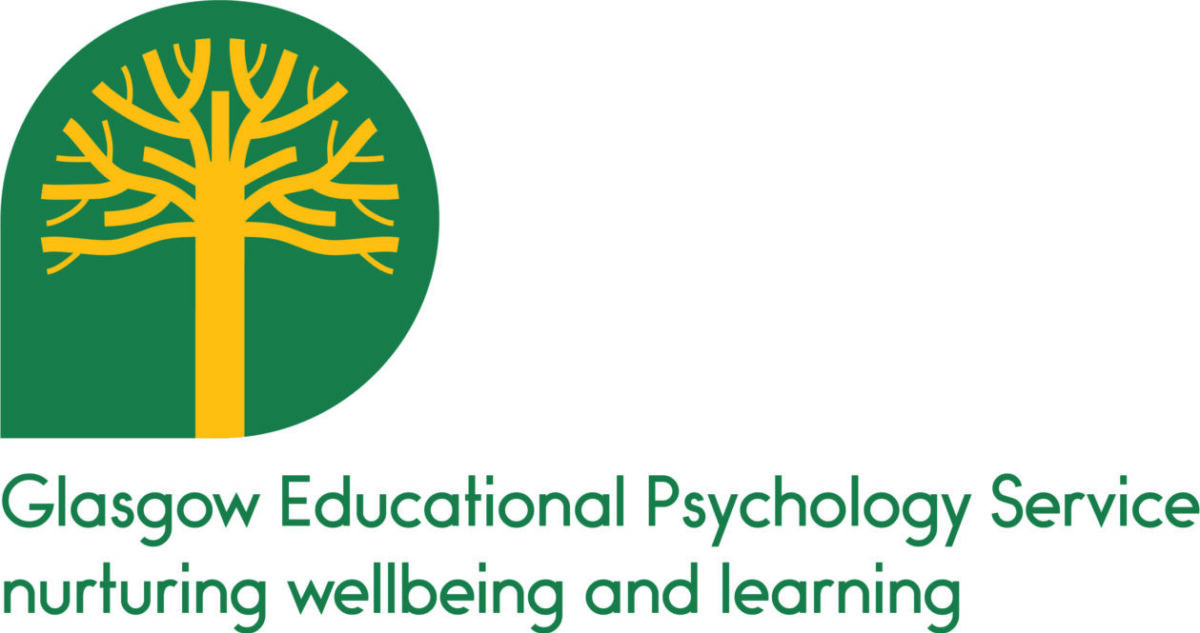 Children’s language and communication development is important for children’s general development, wellbeing and learning. It includes children’s ability to:
Children’s language and communication development is important for children’s general development, wellbeing and learning. It includes children’s ability to:
- Understand others.
- Talk and express needs or ideas.
- Use language appropriately and know the subtle rules that guide communication.
As a service, we aim to help raise attainment and achievement by supporting the development of language and communication skills of all children and young people.
We aim to raise awareness of the importance of children’s language development and the links between language and social disadvantage. We also work in partnership with education and health colleagues to build the capacity of educational establishments to support and develop the language and communication skills of all children, with a focus on universal supports.
Some of the ways we do this is through:
- Sharing information on meeting the needs of autistic learners and supporting transitions for children and young people with SLCN.
The NAIT Key messages build on those included in the General Teaching Council for Scotland (GTCS) guidance on meeting the needs of autistic learners and have been agreed through consultation with the autism community including: neurodivergent people, parents of neurodivergent individuals, professionals from health, education and third sector. This set of key messages have been particularly tailored to meet the needs of all staff working in and with schools. They are designed to guide planning for autistic children and young people and those with related needs.
The video below was created to share the NAIT Key Messages around the return to school, along with quotes from autistic young people and their parents from Glasgow that illustrate the importance of these messages and getting it right for autistic learners.
- Our universal approach – ‘Language and Communication Friendly Establishments’ (LCFE).
Visit the LCFE section of our website.
- Inclusion Support and Development Groups (SDGs).
Visit the Inclusion SDG section of our website.
- Providing other training and development opportunities through an identified SLCN training framework.

